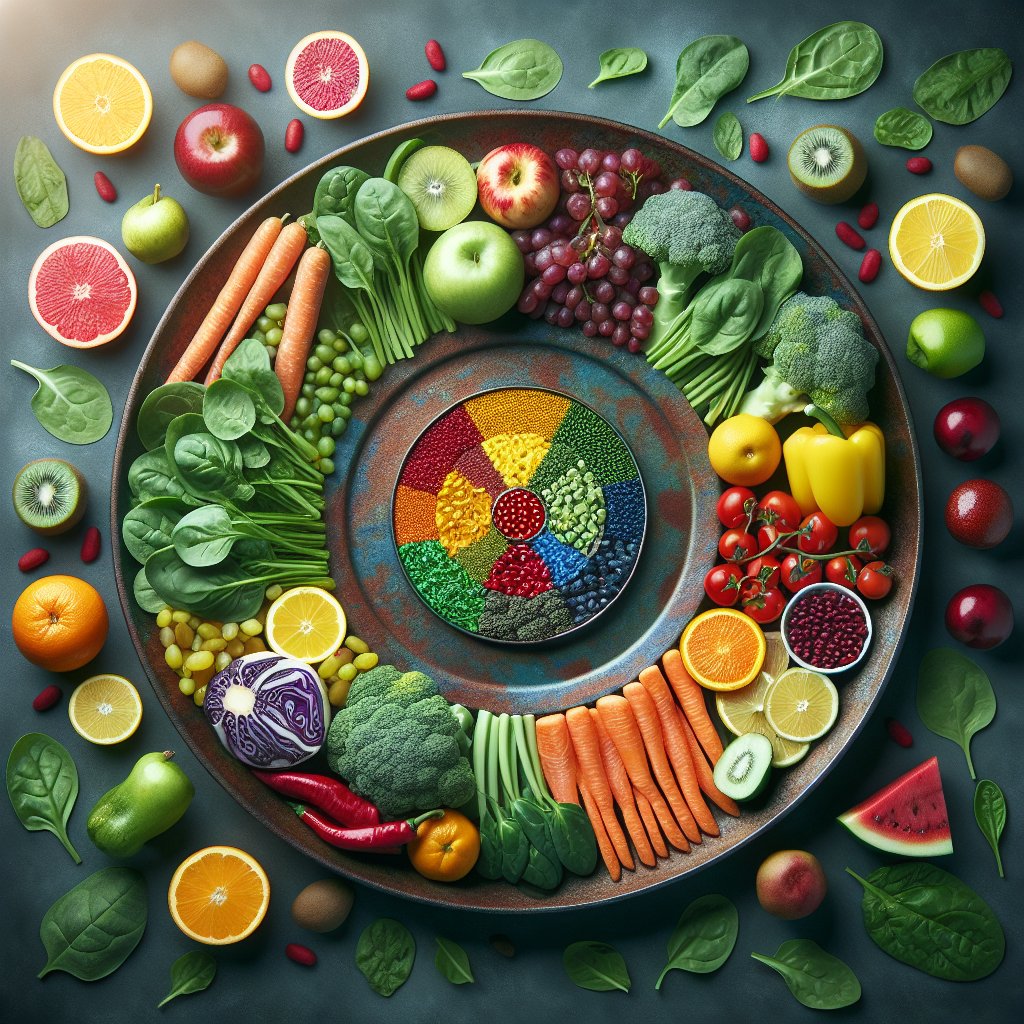Unlocking the Truth: How Vitamins That Decrease Iron Absorption Can Impact Your Health
Briefly Introducing Vitamins That Decrease Iron Absorption
Have you ever wondered about the intricate relationship between the vitamins you consume and how your body absorbs essential minerals like iron? Well, it turns out that certain vitamins can actually hinder the absorption of iron in the body. This phenomenon is critical for anyone following a ketogenic diet or looking to improve their overall health. Understanding the impact of these vitamins is paramount in ensuring optimal nutrient absorption and overall well-being. In this article, we will explore the fascinating world of vitamins that decrease iron absorption and uncover their potential implications on your health. So, let’s dive in and unlock the truth about how these vitamins can impact your body in ways you may not have realized.

Iron Absorption Overview
Iron absorption is a crucial process for overall health and wellbeing. When you consume iron-rich foods, such as meat, poultry, and fish, your body absorbs the iron in the small intestine. This absorbed iron is then used to produce hemoglobin, a protein in red blood cells that carries oxygen from the lungs to the rest of the body. Additionally, iron is essential for the production of energy and the optimal functioning of the immune system. Ensuring adequate iron absorption is important for preventing anemia and promoting overall vitality.
How Vitamin C Enhances Iron Absorption
Let’s talk about how vitamin C can positively impact your iron levels. Research has shown that vitamin C plays a crucial role in enhancing the body’s absorption of iron. When consumed together, vitamin C can increase the absorption of non-heme iron (the type of iron found in plant-based foods) by up to 300%!
This means that including sources of vitamin C in your meals, such as citrus fruits, strawberries, bell peppers, and broccoli, can greatly enhance your body’s ability to absorb iron from plant-based sources.
Explore the Impact of Calcium on Iron Absorption
Let’s dive into the fascinating world of how calcium affects the absorption of iron in our bodies. Research has shown that calcium can have a significant impact on iron absorption, and this interaction is crucial for our overall health.
Studies have indicated that high calcium intake can inhibit the absorption of iron. Calcium and iron compete for absorption in the intestine, so when calcium levels are high, the body’s ability to absorb iron decreases. This is especially important for individuals following a ketogenic diet, as they need to pay close attention to their nutrient intake to prevent deficiencies.
So, while calcium is undoubtedly essential for bone health and muscle function, it’s also important to be mindful of how it may affect iron absorption, particularly for individuals who rely on ketogenic nutrition. Finding the right balance is key to ensuring our bodies can effectively absorb the iron they need to thrive.
Examine the relationship between vitamin A and iron absorption
Did you know that your vitamin A intake could impact your iron absorption? It’s true! Vitamin A is crucial for maintaining healthy vision, immune function, and organ health, but excessive intake can interfere with iron absorption. According to a study published in the “American Journal of Clinical Nutrition,” excessive intake of vitamin A can disrupt iron metabolism, leading to decreased iron levels in the body.
When vitamin A intake is significantly high, it can negatively affect the body’s utilization of iron, potentially leading to iron deficiency. This can be a concern, especially for individuals who rely heavily on vitamin A supplements or consume high doses of vitamin A-rich foods. It’s important to maintain a balance and not exceed the recommended daily intake of vitamin A to ensure optimal iron absorption and overall health.

Vitamin E and Iron Absorption
Did you know that vitamin E, while important for our health, can potentially decrease iron absorption in the body? Yes, it’s true! According to a study published in the “American Journal of Clinical Nutrition,” high levels of vitamin E can hinder the body’s ability to absorb iron efficiently. This can be concerning, especially for individuals who rely on iron for essential bodily functions. Therefore, it’s vital to strike a balance when taking vitamin E supplements, particularly for those at risk of iron deficiency. As we delve deeper into the impact of vitamins on iron absorption, it’s essential to consider how our dietary choices can affect the body’s ability to utilize this important mineral.
Overall Dietary Considerations
When it comes to optimizing iron absorption, it’s crucial to consider the interactions between various vitamins and minerals in your diet. Vitamin C, for example, can significantly enhance the absorption of non-heme iron found in plant-based foods. Combining iron-rich foods with sources of vitamin C, such as citrus fruits, strawberries, or bell peppers, can help maximize iron absorption.
On the other hand, it’s important to be mindful of vitamins that can decrease iron absorption, such as calcium and zinc. While these are essential nutrients, it’s best to avoid consuming them together with iron-rich foods or supplements to ensure optimal iron absorption.
Conclusion
In conclusion, we’ve discovered how vitamins that decrease iron absorption can have a significant impact on our health. It’s vital to remember that while iron is crucial for our overall well-being, the body’s ability to absorb it can be influenced by various factors, including the consumption of certain vitamins and minerals. Maintaining a well-rounded diet is key to ensuring optimal nutrient absorption, particularly when it comes to iron. By incorporating a diverse range of foods rich in essential nutrients, we support our body in absorbing iron to its fullest potential. This is especially important for individuals following a ketogenic diet, as they need to pay extra attention to nutrient intake. As we continue on our health journey, let’s strive for balance and nourishment to unlock our true wellness potential.


